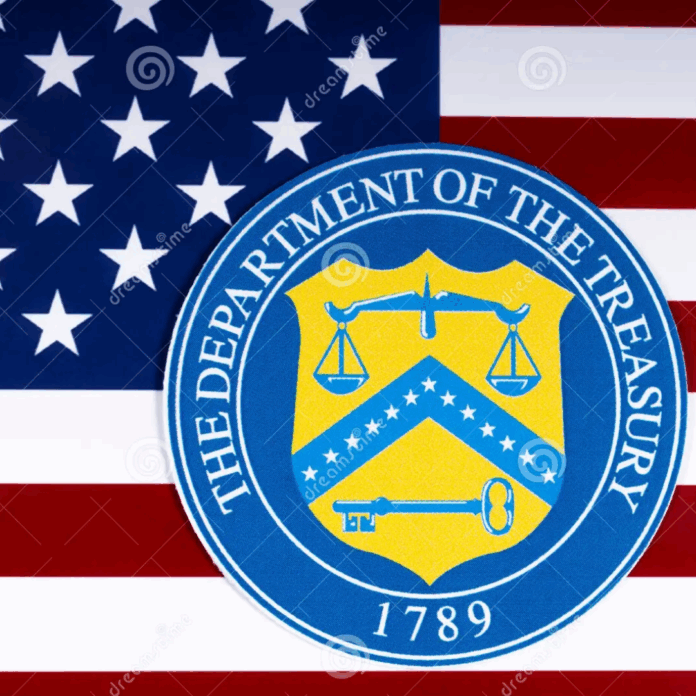In a major move, the U.S. government has taken action against a dangerous criminal network CJNG involved in both oil smuggling and drug trafficking. This group is linked to one of Mexico’s most violent drug cartels, the Cartel Jalisco Nueva Generación (CJNG). The network stretches from Mexico into the southern United States and makes hundreds of millions of dollars every year by breaking the law.
The U.S. Department of the Treasury announced that it is punishing three people and two companies for helping this criminal operation. These people are part of a group that steals oil from Mexico’s state-run oil company and ships it across the border into the U.S. At the same time, they are trafficking illegal drugs like fentanyl, heroin, cocaine, and methamphetamine into American communities.
The companies being punished are transportation businesses that help move stolen oil. These businesses are accused of playing a big role in making sure the oil gets from Mexico to the U.S. They are considered key helpers in what’s known as the “huachicol” trade, a term used in Mexico for illegal fuel theft. This activity costs the Mexican government billions of dollars every year.
Dirty Money, Dangerous Drugs
This criminal network doesn’t just steal oil—they also move dangerous drugs across the border. According to the U.S. government, the group is bringing in illegal substances like fentanyl, which is a powerful and deadly synthetic drug. They also move heroin, meth, and cocaine into the U.S. from Mexico. These drugs are harming communities and leading to thousands of deaths each year.
Fear and Fraud: The Criminal Group That Exploited a U.S.-Mexico Trade Route
The network also buys chemicals from China that are used to make fentanyl and meth. These chemicals are smuggled into Mexico, where the drugs are produced and then shipped north into the United States. Alongside their fuel operations, these drug trades make the cartel incredibly wealthy and powerful.
To keep their illegal activities going, this network relies on corrupt workers inside Pemex, Mexico’s national oil company. These insiders help them steal oil and avoid detection. The network also forces other smugglers to pay fees to move stolen oil through border crossings. The money they earn is then cleaned—or “laundered”—through fake companies that pretend to be legitimate fuel transport and gas businesses.
The people behind this operation live luxurious lives. Authorities say they own exotic animals and fleets of expensive cars, showing just how much money they’ve made from crime.
Strong Actions Against CJNG
To fight back, the U.S. Treasury Department’s Office of Foreign Assets Control (OFAC) has added the names of the people and companies involved to a special list. Being on this list means that any money or property they have in the U.S. is now frozen. Americans are not allowed to do any business with them. Anyone who breaks these rules could face legal action themselves.
Cartels as Terrorists: Trump’s Bold Move and the Mexican Response
The government also warned banks and financial institutions to be on the lookout for signs of fuel smuggling. A new alert from the Financial Crimes Enforcement Network (FinCEN) lists red flags that banks should watch for, like strange payment patterns or business activity that doesn’t match up with known fuel operations. This alert is part of a wider campaign to shut down how these criminal groups move and hide their money.
This isn’t the first time CJNG has been punished. The U.S. has sanctioned the cartel before—in 2015 and again in 2021. Earlier this year, the U.S. officially labeled CJNG a Foreign Terrorist Organization and a Specially Designated Global Terrorist group. These labels give the government more power to go after them and anyone who helps them.
Now, with the latest actions, the U.S. hopes to strike a blow against the cartel’s growing network of illegal fuel and drug smuggling. Officials say the CJNG group has been relying more on oil theft lately as another way to make money. By cutting off their financial lifelines, the U.S. aims to disrupt their operations and reduce the harm caused by their activities.
These sanctions are a reminder of how crime in one country can affect many others, and how international cooperation is key to fighting powerful and dangerous organizations.


